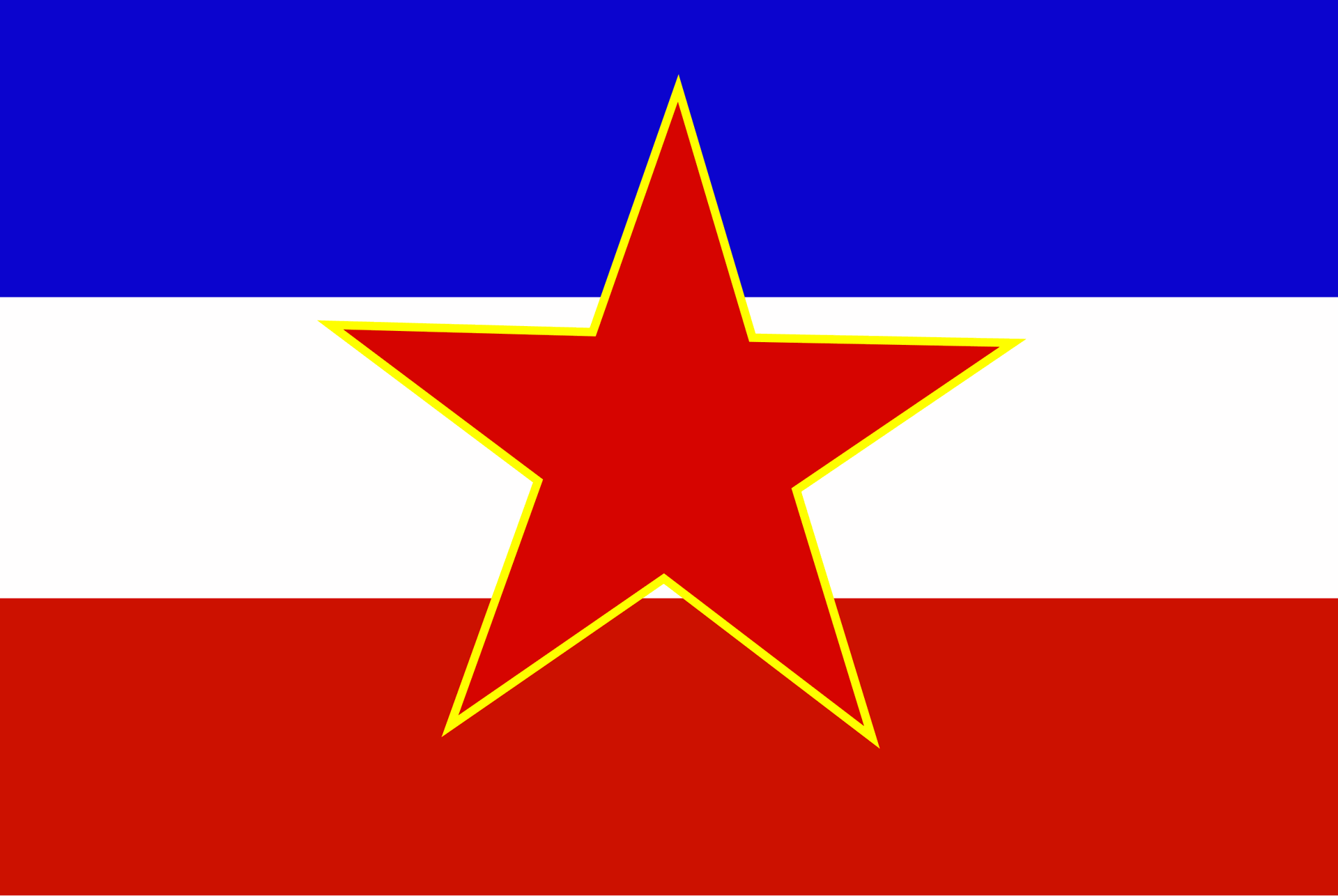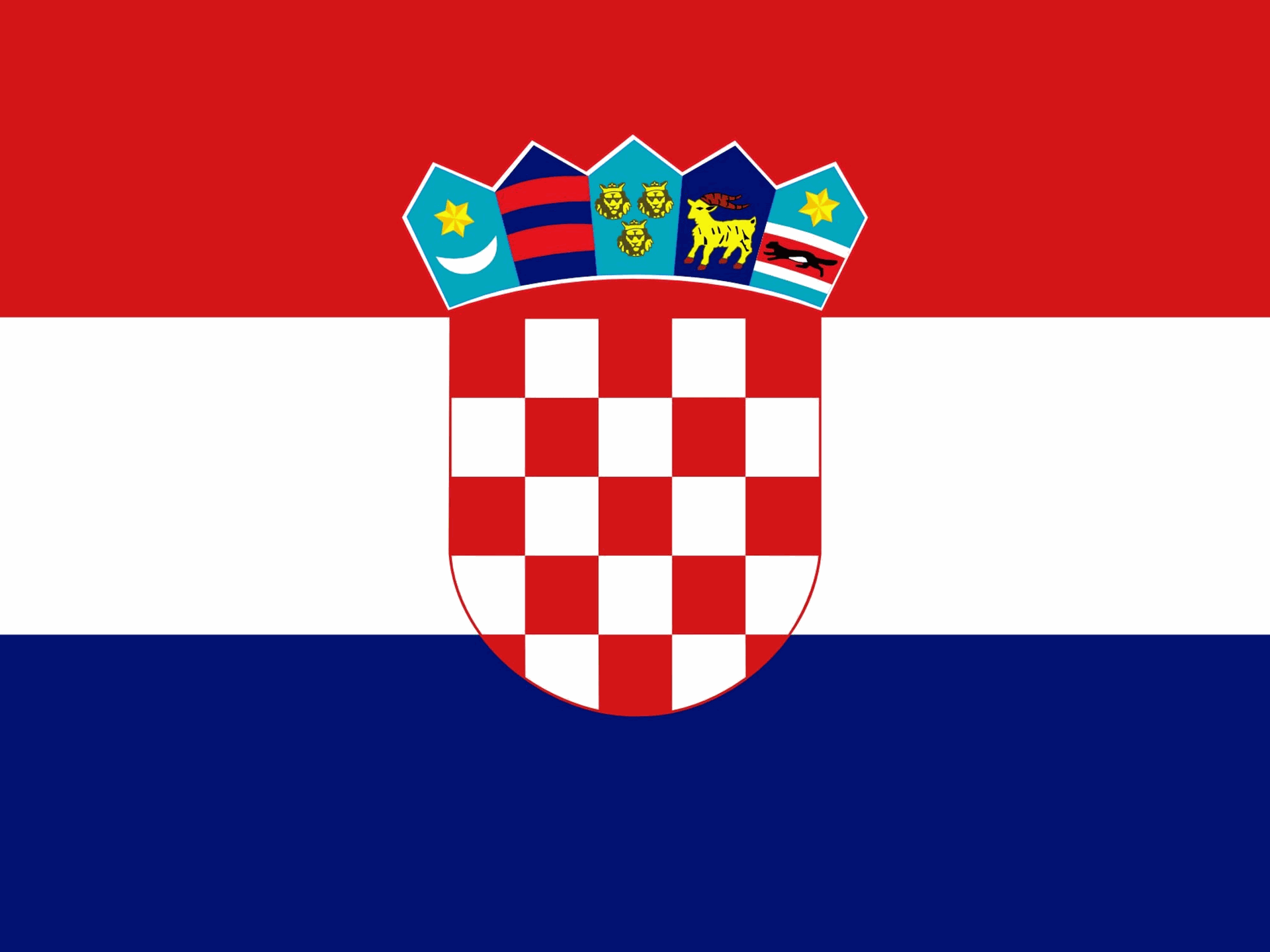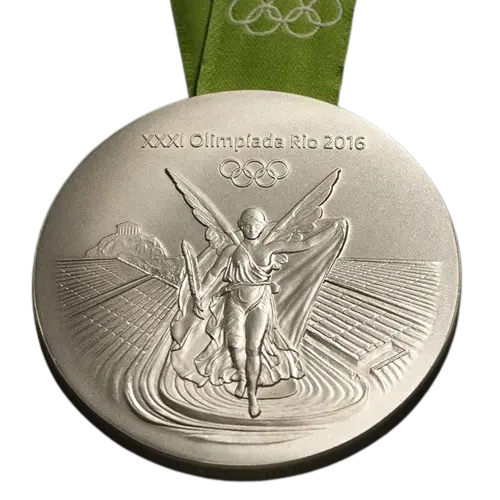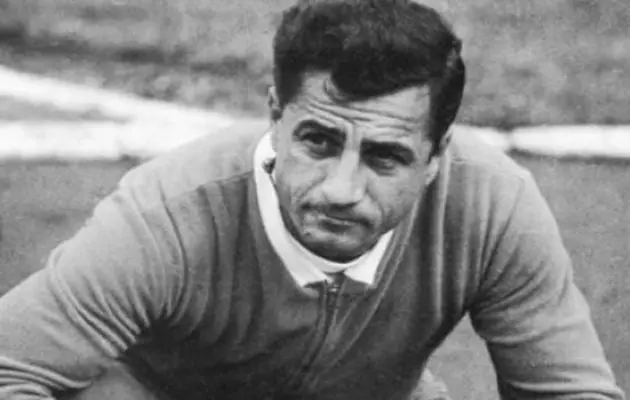Games
Goals Conceded
Clean Sheets
Trophies
1947/55 Hadjuk Split (ex-YOU) 136 matches
1955/60 Étoile Rouge de Belgrade (ex-YOU) 83 matches
1960/63 Alemannia Aix-la-Chapelle (GER) 23 matches
1963/64 Viktoria Cologne (GER) 23 matches
With the National Team :
59 caps
(Friendly matches: 32 caps)
(World Cup qualifiers: 6 caps)
(World Cup: 6 caps)
(Euro qualifiers: 1 cap)
(International Cup: 8 caps)
(Olympic Games: 6 caps)
1st cap: October 8, 1950 against Austria (2-7)
Last cap: October 11, 1959 against Hungary (2-4)


Vladimir Beara
Born November 2, 1928 in Zelovo (ex-YOU)
Died August 11, 2014 in Split (CRO)
Croatian, Goalkeeper, 1m84
Nicknames: "Big Vlad", The dancer with the hands of steel
A legendary goalkeeper of the Yugoslav championship
Vladimir Beara was born on November 2, 1928 in Zelovo, Yugoslavia. Passionate about classical dance, this passion would later be seen in his style of play as a goalkeeper. A graceful, explosive player with a very good jump quality, he was a player who was both beautiful to watch play and effective in his athleticism.
Born into a Serbian Orthodox family, he began his career in the Hajduk Split club, a club highlighted by its Serbian patriotism as well as its good sporting results. For 8 years, he played for his first club, the time to win 3 Yugoslavian championship titles and to establish himself as one of the best goalkeepers in the world.
A modern and athletic goalkeeper
Hajduk Split is experiencing a golden age with its incredible goalkeeper with an inimitable style. A player with an atypical movement, he was a goalkeeper with phenomenal relaxation on the different dives to be made. He liked to dive at the feet of his opponents to recover the ball. He also had incredible power with the ball at his feet, capable of sending the ball to the other side of the field with ease.
His peers in the middle were full of praise for him, Yashin would say when he won the Ballon d'Or that Beara deserved it even more than him. And Ricardo Zamora, legendary goalkeeper of FC Barcelona and Real Madrid in the 20s and 30s would say that Beara had no equal in Europe.
Total domination of the Yugoslav championship
In 1955, Vladimir decided to change clubs and signed with the rival, Red Star Belgrade. The one nicknamed "The dancer with the hands of steel" or "The elastic man" was then strongly criticized by the supporters of his first club who now saw him as a traitor.
Initially suspected of having joined the Belgrade club for a political arrangement, thus enhancing the club of the political power in place at the time, finally we learn that the player would have joined this club for love of a Serbian woman. With the Red Star of Belgrade, Beara won 4 Yugoslavian championship titles between 1956 and 1960. He also won 2 Yugoslavian Cups.
An atypical but effective goalkeeper
And in addition to this domination of the Yugoslav championship, the goalkeeper will be the standard-bearer of great performances in European competitions. He notably played against the Busby Babes of Manchester United at the beginning of 1958. He further established his status as a legendary goalkeeper by playing with Yugoslavia during 3 different World Cups, in 1950, 1954 and 1958. His greatest feat remains the silver medal at the 1952 Olympic Games. During the final, he could not prevent his country's defeat, despite a penalty saved against Ferenc Puskás, the only missed penalty in the Hungarian player's career.
According to him, he owes his great talent as a goalkeeper to his childhood and to his uncle. Indeed, the latter would throw baseballs at him when he was in goal in order to improve his reflexes. So, later on, catching a football was easy for him. Fun fact, he was a goalkeeper who played without gloves.
Another funny thing about this goalkeeper was that he used to ask his team not to make a wall during opponent free kicks. This way, he could look his opponent directly in the eye, a strategy that paid off for the player who conceded very few goals on opponent free kicks.
A true living legend of Yugoslav football, he obtained the right to leave the country to play elsewhere. Which he did in 1960, when he was 31 years old. He played 4 years in Germany before retiring as one of the best goalkeepers in history in 1964, aged 36.
Trophies :

Olympic Games Silver Medal x1
- 1952 (Yugoslavia)
Yugoslav League x7
- 1950 (Hajduk Split)
- 1952 (Hajduk Split)
- 1955 (Hajduk Split)
- 1956 (Red Star Belgrade)
- 1957 (Red Star Belgrade)
- 1959 (Red Star Belgrade)
- 1960 (Red Star Belgrade)
Vice-Champion Yugoslav League x2
- 1948 (Hajduk Split)
- 1953 (Hajduk Split)
Finalist Yugoslav Cup x1
- 1953 (Hajduk Split)
Yugoslav Cup x2
- 1958 (Red Star Belgrade)
- 1959 (Red Star Belgrade)
